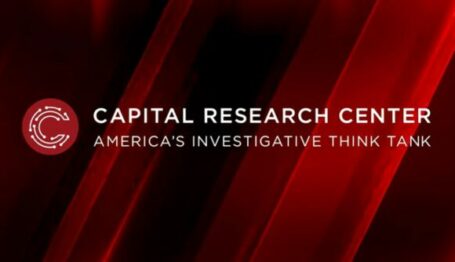Blog
David Suzuki – the “Green Messiah”
Among “environmental fashionistas,” David Suzuki’s celebrity status is rivaled only by his brother-in-alarmism Al Gore. But all of Suzuki’s fame and his status as the “green messiah” can’t shield him from the bleakness of his purpose. Says Suzuki:
“In 1962, when I was starting my scientific career and Rachel Carson had just published Silent Spring, there wasn’t a single department of the environment on the planet. So you could say, ‘Jesus, we’ve come a hell of a long way from there, you can’t talk about government policies without raising the environment at some point.’ There have been changes, and certainly kids are now more aware, and we have recycling programs and all that. But at the same time, think of our destructiveness, the Alberta tar sands and big companies like Wal-Mart taking too much out of the planet. We’re still going in the wrong direction.”
This raises the very important question of just which direction Mr. Suzuki thinks is the “right direction.” Consider, for a moment, a short list of “victories” that environmentalists achieved. Wal-Mart and a climate ultra-alarmist group, Environmental Defense, have teamed up to make Wal-Mart more environmentally friendly. The federal government of the United States makes it illegal for individual states to harvest their own energy resources. Gasoline-electric hybrid automobiles are increasingly popular. An untold number of people are making Al Gore very wealthy by buying carbon offsets to minimize “carbon footprints.” It sounds very much like the environmentalists have achieved a great deal of success – but not, apparently, the right sort for Suzuki.
So what does Suzuki want? He wants people to be “happy.” He talks about a few ways in which people can be happier. Among them are:
- Rack up fewer road and air kilometres by relying on green alternatives (cycling, walking, public transit, carpooling, telecommuting, video-conferencing).
- Spend more time outdoors.
- Eat more plant-based foods and less meat, eggs and dairy.
- Being “time rich.” (That is, having the time to do what you want)
No one will deny that these are things that a person should be able to do if he or she chooses, but Suzuki’s real point is much stronger. People need to get back to their roots and find happiness “not from money but from relationships, community, trust, and having a sense of purpose in life.” This isn’t a strictly environmentalist message anymore, though. It is much, much worse. He is claiming that we must forgo money, prosperity, and progress in favor of eating more plants and spending more time hugging trees.
It is becoming increasingly clear that David Suzuki’s agenda has gone far past simple environmental issues. He is pushing for the destruction of the American economy and an almost complete return to the 19th century. What makes Suzuki’s position even scarier is that he is so widely considered to be the “green messiah” and it wouldn’t be surprising to find him pushing this radical agenda more vocally in the near future.



